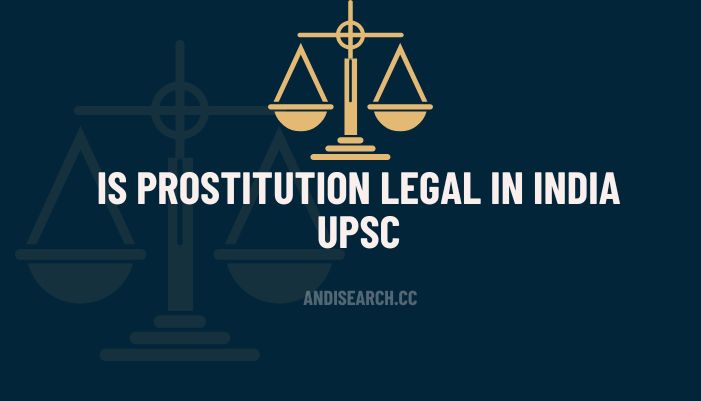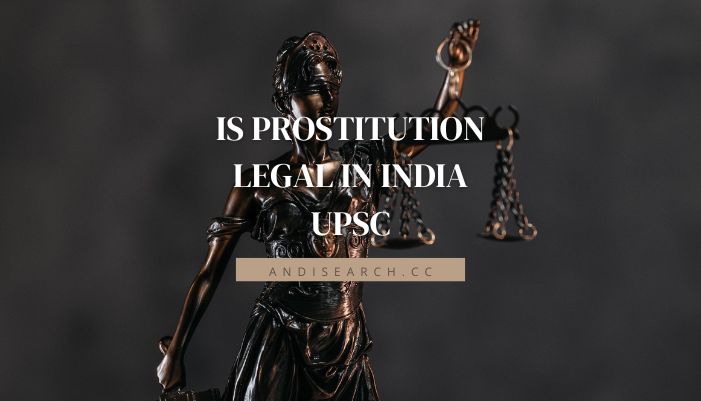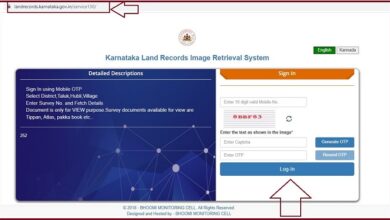Is Prostitution Legal in India? A Simple Guideline for UPSC Aspirants 2025

Understanding the legal status of prostitution in India is essential for students preparing for the UPSC examination.
It’s a topic that frequently appears in discussions around social justice, human rights, and women’s issues. With my experience studying complex legal and societal issues,
I’ll break this topic down in simple terms so you can grasp it clearly and confidently.
The Legal Status of Prostitution in India
Prostitution in India occupies a grey area legally. The act of engaging in sex work by consenting adults is not illegal. However, several related activities are prohibited by law. This makes the situation complicated both legally and socially.

Here are some key legal points to keep in mind:
- Prostitution is not a crime: An individual voluntarily offering sexual services for money does not violate Indian law.
- Prohibited activities: The law criminalizes associated activities such as:
- Running or managing brothels
- Soliciting clients in public places
- Living on the earnings of a sex worker
- Operating a sex work business near public places such as schools or religious sites
These provisions fall under the Immoral Traffic (Prevention) Act (ITPA), 1956, which remains the primary legislation regulating activities around prostitution.
Why Is This Important for UPSC?
Understanding this topic is relevant for several papers, including GS-I (Social Issues), GS-II (Governance, Constitution, and Policies), and GS-IV (Ethics). It also overlaps with themes like women’s empowerment, fundamental rights, and public morality.
Here’s why it matters:
- Societal Impact: Prostitution often intersects with human trafficking, poverty, and exploitation.
- Human Rights: Balancing the rights of sex workers with societal norms is a complex ethical dilemma.
- Policy Debates: Discussions about legalization and regulation continue to be controversial.
- Judicial Standpoint: Various judgments by the Supreme Court and High Courts have highlighted the need to protect the dignity and rights of sex workers.
Judicial Insights and Key Cases
In recent years, courts have made significant observations about the rights of sex workers:
- Budhadev Karmaskar vs. State of West Bengal (2011): The Supreme Court recognized that sex workers have the right to a life of dignity under Article 21 of the Constitution.
- National Human Rights Commission’s Role: The NHRC has consistently recommended reforms to protect sex workers’ rights and combat trafficking.
Challenges Faced by Sex Workers
Despite the legal nuances, sex workers in India face numerous issues:
- Social Stigma: They are often marginalized and denied basic rights.
- Exploitation: Brothel owners and clients exploit them due to their vulnerable position.
- Lack of Legal Protection: Since many related activities are illegal, sex workers operate without safeguards.
Should Prostitution Be Legalized?
There is an ongoing debate about whether prostitution should be fully legalized and regulated in India.
Arguments for Legalization:
- Ensures better health care and legal protection for sex workers
- Helps combat human trafficking through regulation
- Reduces exploitation and violence
Arguments Against Legalization:
- Seen as promoting immorality by some sections of society
- Concerns about increased trafficking if regulation fails
Conclusion
Understanding the legal status of prostitution in India requires a nuanced approach. While prostitution itself is not illegal, the surrounding framework criminalizes many activities, creating challenges for sex workers. For UPSC aspirants, this topic offers valuable insights into legal, social, and ethical dimensions that can be crucial in both the Mains examination and interviews.




